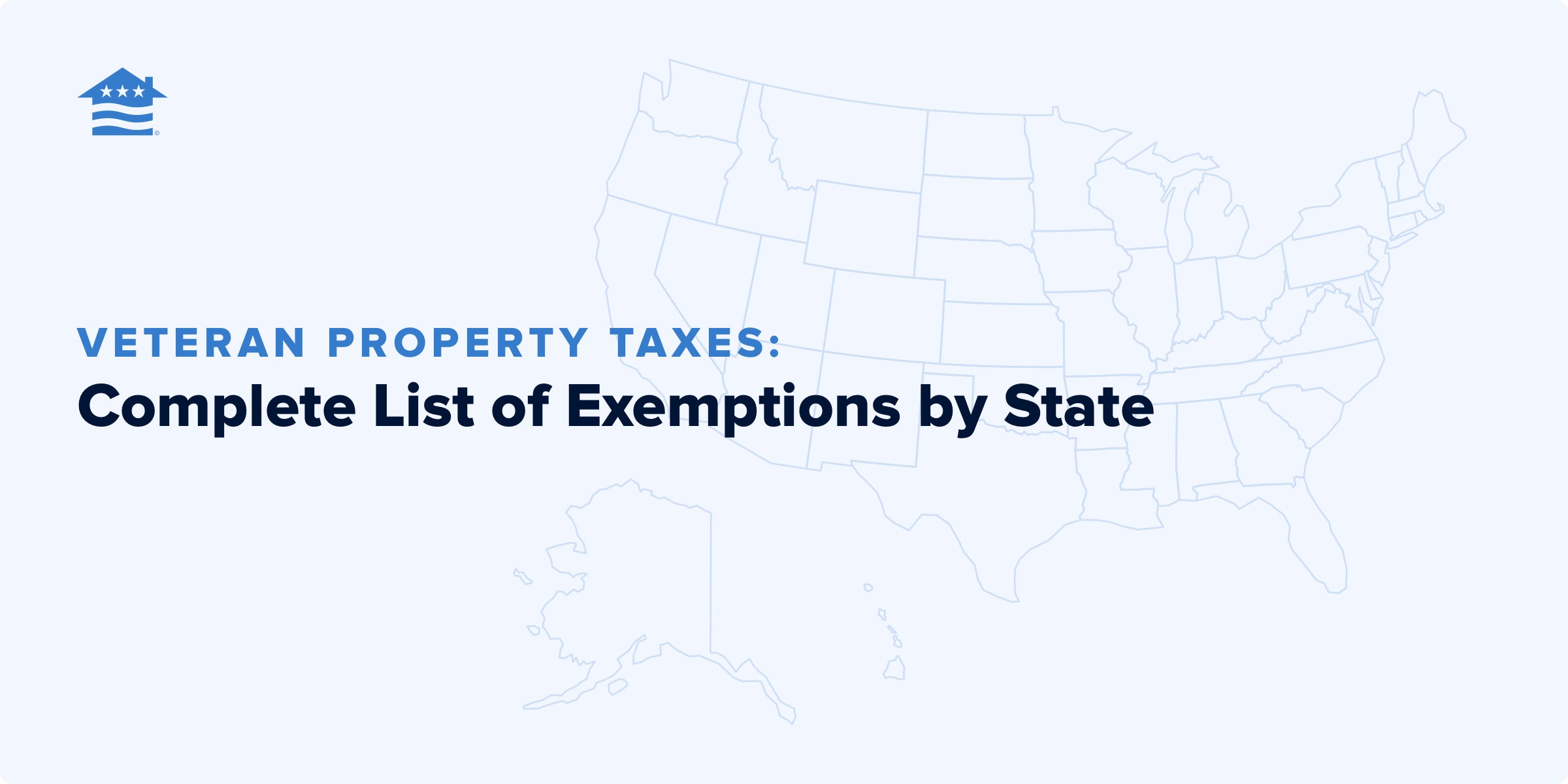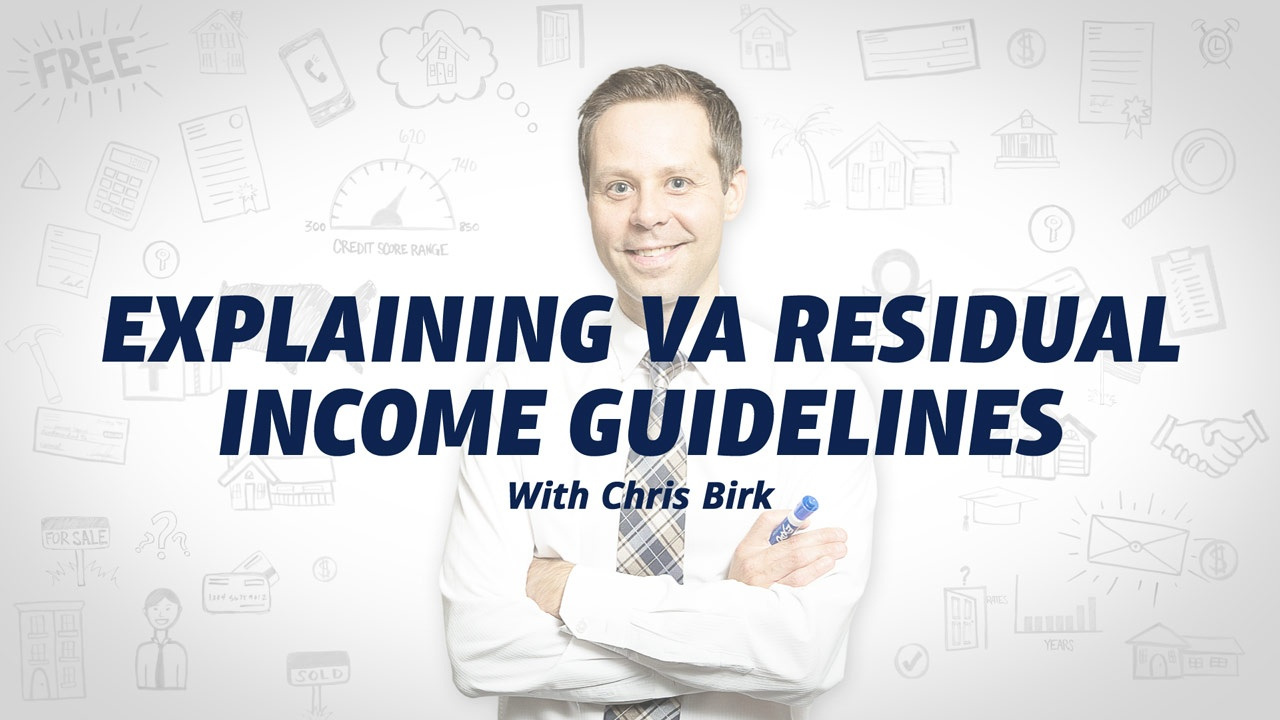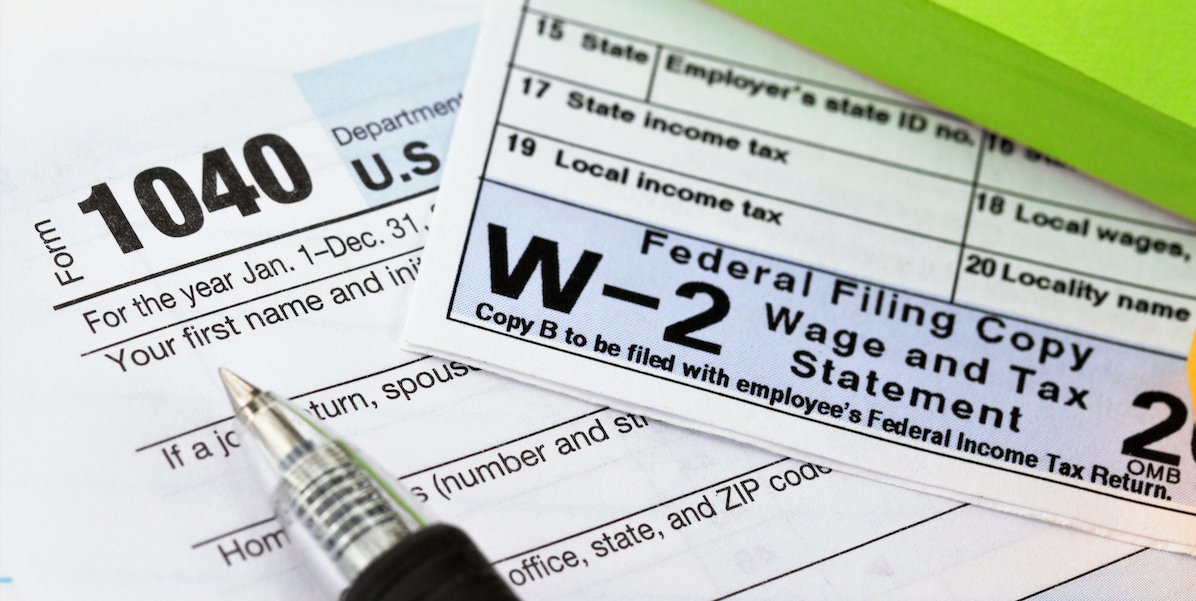Credit and Finances
Personal finance insight and advice for Veterans, service members and their families

Latest Articles


Credit and Finances
Updated on May 22, 2025






Credit and Finances
Updated on November 21, 2024

Credit and Finances
Updated on December 26, 2023
2,304
Veterans started their online quote today.

